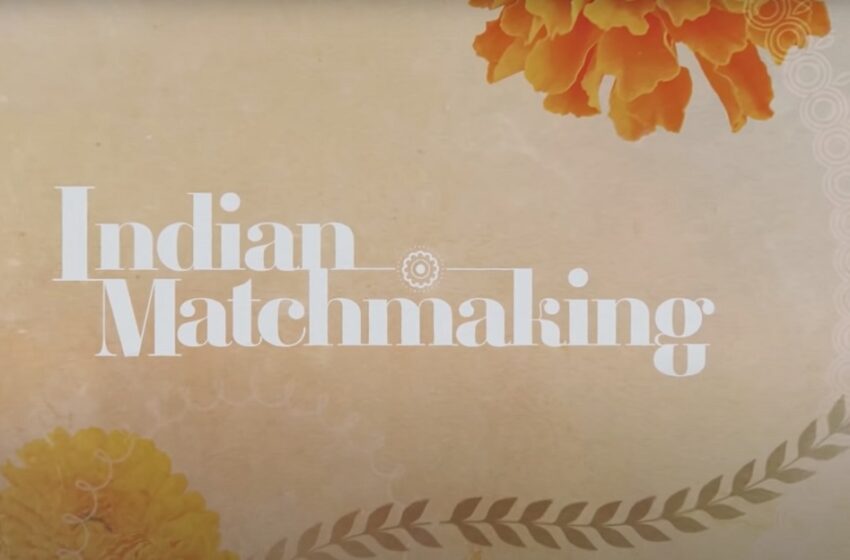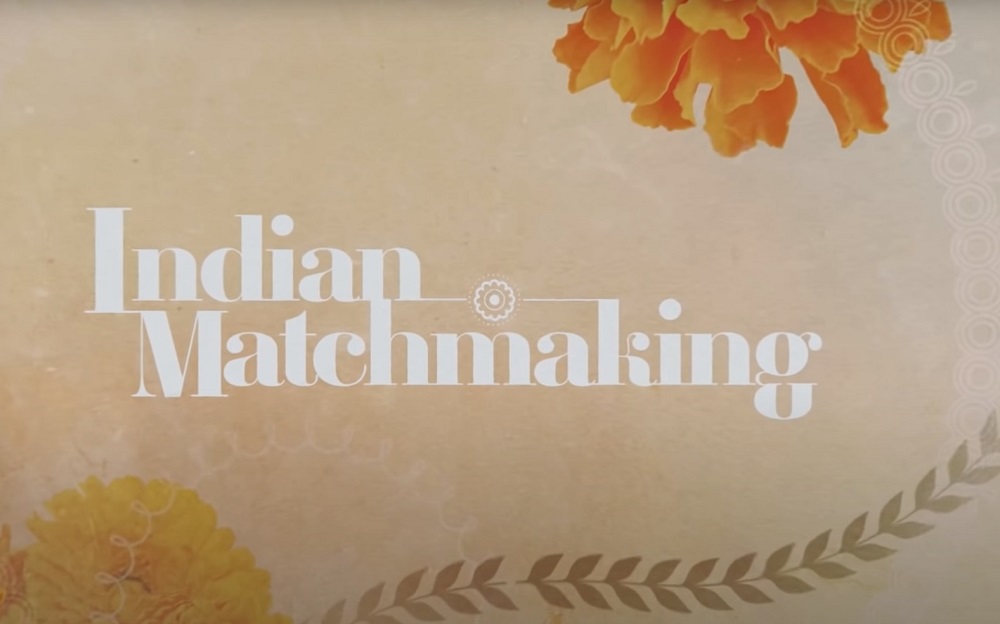How Jewish matchmaking compares to Indian matchmaking


Indian American Smriti Mundhra who created Emmy nominated Indian Matchmaking is the executive producer for Jewish Matchmaking
The latest entrant to the reality series of matchmaking – a concept still alien for most Americans, is Jewish Matchmaking on Netflix.
After the mega success of Indian Matchmaking, which is already out with its third season and an Emmy nomination, it looks obvious that there is a dedicated audience for “arranged meets love match making series.”
Read: Indian Matchmaking: New season, same old stereotypes (April 27, 2023)
The latest entrant in this pool, Jewish Matchmaking is bound to be compared with Indian Matchmaking not just because some of the creators of the show are the same, but also because often the traditional meets modern dilemma that young Indians face is often reflected in Jewish societies too that are holding on to their cultural practices.
Interestingly, since Indian Matchmaking can be credited to bringing the concept of matchmaking for the first time to reality TV, Jewish Matchmaking may be lacking that first-time novelty of seeing couples looking for a match and torn between choices and society dictates.
But Jewish Matchmaking has to be credited for its smoother, more acceptable and non-judgemental style of match making. The matchmaker for Jewish Matchmaking Aleeza ben Shalom comes across as more understanding and even accommodating of couples’ preferences for their prospective partners than our very own Sima Aunty or Sima Taparia – the Indian matchmaker.
Read: ‘Indian Matchmaking’ Season 2 returns to Netflix on Aug 12 (July 12, 2022)
Shalini Sharma, a young international student enrolled in an American University says that Sima Aunty often with her age-old idea and a constant nudge suggesting couples to adjust is very reminiscent of how her grandmother would talk.
“I don’t think many younger women looking to match in the world of right sweeps would confirm that mindset. I find Aleeza’s approach more acceptable as so far in Season 1 she hasn’t come across as preachy.”
While Indian Matchmaking did get some bad rap for its regressive ideas, the fact remains that the series continued topping the charts, landing season 2 and even 3. So, it looks like the audiences love some traditional meets contemporary conflict.
The other area where Jewish Matchmaking may look a bit lackluster as compared to its Indian predecessor is the glitz and drama. The Indian version comes with more color, glitz and richness of culture than the newer series. This may be partly because of the more flamboyant culture.
Some of the viewers of the series also point out that the Indian participants and their lives were more finely etched.
Read: How Jewish Matchmaking Compares To Indian Matchmaking (Which Is Better?) (May 16, 2023)
As another newly married homemaker in Philadelphia, Chitra Kumar points out, “We almost start living and understanding the lives of many of the characters as featured on Indian Matchmaking. But then it could be because some of them we have seen for more than one season. So maybe wait and watch for this one.”
However, one thing that most viewers maintain was that they were blown away by the similarities. As Kumar says, “The families becoming a part of the whole marriage or prospective groom or bride hunting situation is something I thought was prevalent only in South Asia so when it comes to that it really is a refreshing and interesting similarity to watch and sometimes laugh at.”
